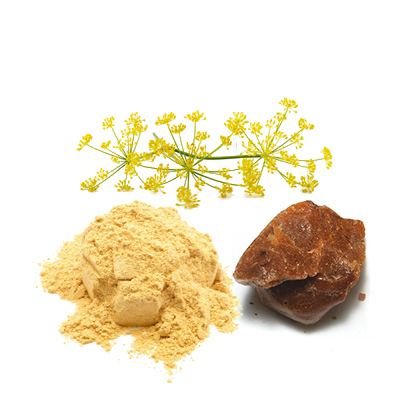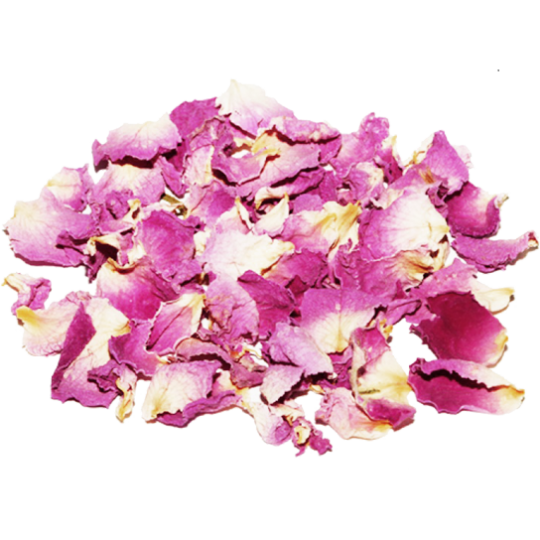Description
-
Sumac grows on the Rhus Coriaria shrub, which is typically found in high plateau areas of the Mediterranean like Sicily, due to its wild, rocky lands. Sumac also grows in Turkey and can be found in parts of Iran. Once the berries are fully ripe, they are harvested, dried, and ground. The processed sumac takes on a dark red-burgundy color and the texture of groundnuts. It has a similar smell and taste to lemon but is not as sour. Sumac is widely used as an acidulant in Persian and Lebanese cooking, and similar to salt, it brings out the natural flavors of the foods it is cooked with.
-
With a deep red hue and trademark citrusy tartness, sumac is one of the most instantly recognizable spices of the Middle East. Although sumac has yet to become a household ingredient in every American kitchen, this unique and exotic spice has long been lauded around the world for its bold flavor and health-giving properties.
-
In addition to its rich culinary history, which dates back beyond the Persia Empire, the health benefits of this ancient spice were first documented thousands of years ago in Greek medicinal texts, which noted sumac’s antiseptic qualities.
-
Today, this versatile ingredient is used worldwide to enhance and compliment the flavors of everything from hearty grilled meats to fresh vegetables, to delicate desserts






Reviews
There are no reviews yet.